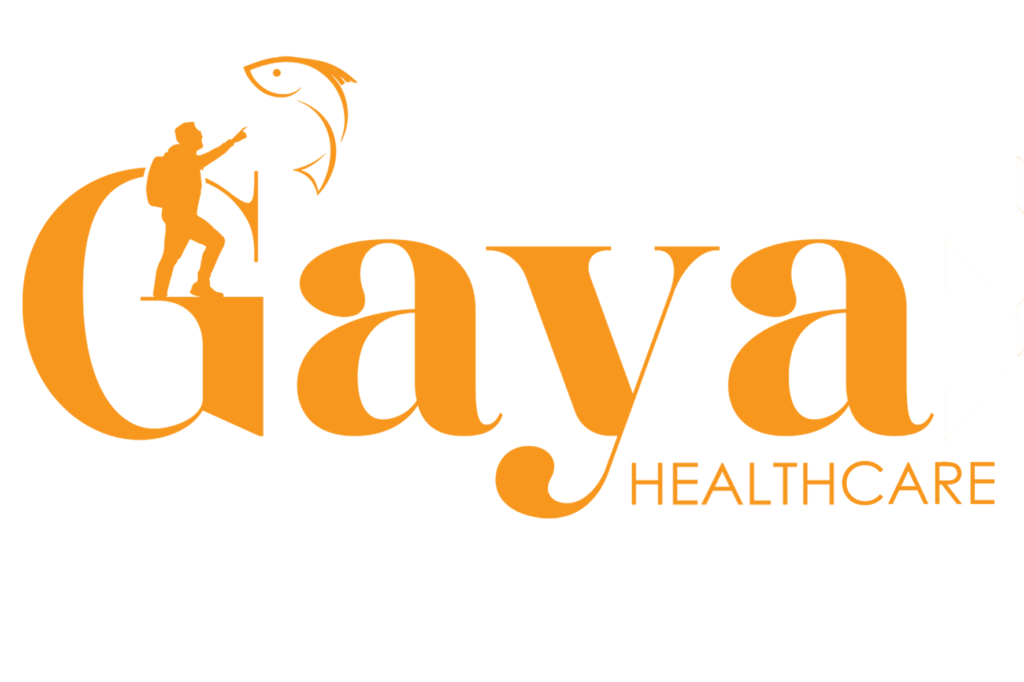
Menu
Nursing Home/SNF
  Nursing Home/SNF (Skilled Nursing Facility) billing involves the process of managing and submitting medical claims for services provided in nursing homes or skilled nursing facilities. These facilities offer skilled nursing care and rehabilitation services to individuals who require a higher level of care than what is available in assisted living or residential care settings. Proper billing practices are crucial to ensure reimbursement for the services rendered
Resident Admission and Registration:
  The billing process begins with the admission of residents to the nursing home or skilled nursing facility.
  Accurate resident registration includes demographic details, insurance information, and relevant medical history.
Assessment and Care Planning:
  Skilled nursing facilities conduct comprehensive assessments of each resident's health condition.
  Care plans are developed based on the assessment to address the individual needs of residents, including skilled nursing care, rehabilitation, and other ancillary services.
Procedure Coding:
  Skilled nursing facilities conduct comprehensive assessments of each resident's health condition.
  Care plans are developed based on the assessment to address the individual needs of residents, including skilled nursing care, rehabilitation, and other ancillary services.
Charge Capture:
  Charges for each service, such as room and board, nursing care, therapy sessions, and any additional ancillary services, are accurately captured for billing.
  Proper documentation of the services provided during each resident's stay is crucial for billing accuracy.
Claim Generation:
  Claims are generated with comprehensive details, including resident information, coded procedures, and associated charges.
  Claims can be submitted electronically to insurance carriers, Medicare, Medicaid, and other payers.
Claim Submission:
  Timely submission of claims to various insurance carriers, including government programs like Medicare and Medicaid.
  Claims must adhere to the specific requirements and guidelines of each payer.
Insurance Follow-Up
  Timely submission of claims to various insurance carriers, including government programs like Medicare and Medicaid.
  Claims must adhere to the specific requirements and guidelines of each payer.

